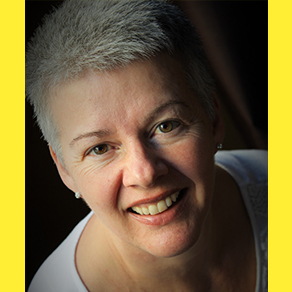
How is being a Technical Writer consultant different from an employee?
That’s a great question. I was a technical writer employee for 8 years and a consultant for 15 years. Being an employee had a completely different focus than being a consultant. As an employee, I was constantly learning new technical writing software and applying the latest trends for the areas that I had specialized in, such as software manuals, training manuals, and online help. Since 2002, as a consultant, my focus has been helping my clients with their documentation projects. I found myself managing documentation projects and being immersed in the healthcare industry, creating training courses, and developing various types of manuals. Creating products that clients can maintain after my initial work often means not using the latest technology or applying emerging trends. Using Microsoft Word to create any type of document became my specialty and the reason clients referred me to others.
What was the biggest challenge in your career and why?
My biggest challenge was deciding to be a consultant. The software industry in the 1990s was volatile, and I was laid off twice: the second time three weeks before Christmas. I was tired of being “the last hired and the first fired”, so I informed my husband that I wanted to try consulting. He supported my decision, but I was extremely stressed because I knew nothing about running my own business. I read books, asked accountants and lawyers endless questions, and cried. I cried, because I thought I couldn’t figure it out, and I worried that I wouldn’t get hired. Being a technical writer helped me write down tasks and processes to create and maintain my own business. I decided to incorporate and I’ve never looked back.
What advice would you give your future self in terms of your career?
Don’t worry so much—that has been my biggest lesson. With every job, every contract, and every project, I always thought it might be my last. Instead of worrying, a good approach is to love what you do, do the best you can, trust the process, and follow the path that is presented.
What do you like to do outside of your career?
I teach yoga, which is another business alongside my technical communications business. Yoga has helped me deal with stress and has helped my body and mind stay healthy after sitting for many, many hours in front of the computer creating documentation. My other interests include photography and pottery.
What aspect has kept you working in the field for as long as you have?
A blend of finding something I’m good at and having luck along the way. I love to work on details and enjoy doing what many people don’t like. I get great satisfaction for taking a poorly organized document and turning it into something the customer can use. Also, it’s fun learning about different industries.
What do you find to be the most challenging aspect of the field?
The most challenging aspect of the field was getting the recognition for the work technical writers do. We have all heard “well, everyone can write, can’t they?” For my first contract, I had to meet the president of the company and explain what a technical writer is, and what I could do for him and his company. I don’t think he understood how a technical writer could help to make the company’s products better. I’m happy to say that I won him over. I can only hope new technical writers don’t have to sell the position as well as themselves in finding work.
How was your association with STC West Coast chapter?
The STC has been critical in my success. (And I’m not just saying that because you’re interviewing me for the STC West Coast Chapter!) The support of many STCers during my 23 years has been priceless. The knowledge shared and friendships made will always be with me.
